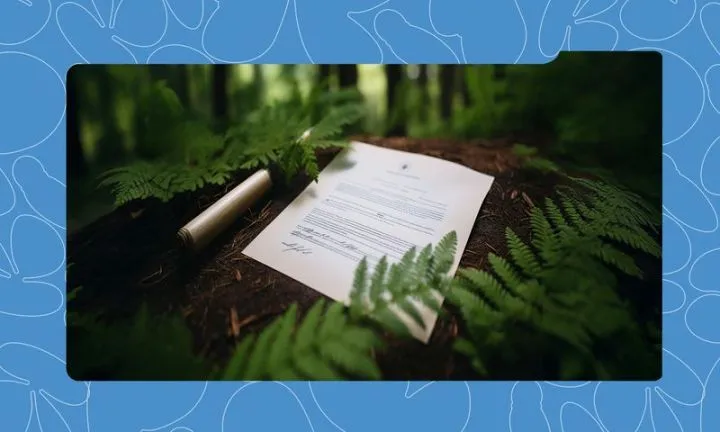
It isn't enough that you've found fast-developing areas to buy your land in Lagos. It is more important to ensure you get things right with that landed property to avoid troubles with the government, other individuals, and fraudsters. From buying land that is government property or encroaching on a future government plan (roads, bridges, etc) to buying from the wrong family members or lacking required documents, there are risks, and you need to avoid them.
Here are 7 things to check before buying land in Lagos to ensure you get the best value for your money with zero worries now and in the future.
1. The Seller's Ownership and Documents
Before you buy land in Lagos, it's important to confirm that the seller owns it legally. To do this, ask for and double-check these documents:
Certificate of Occupancy (C of O): This is from the state government and proves who owns the land.
Governor's Consent: If the land has changed hands since the C of O was issued, the new owner needs this to make the sale official.
Deed of Assignment: This document shows the land ownership moving from the original owner to the seller.
Survey Plan: This helps you understand the land's borders and size.
Document of Excision: For lands that were initially government-owned, this confirms a part has been released for private purchase.
Gazette: This is the official government record of that land being released.
Receipts of Payment for the Land: Confirms that the seller has paid all the necessary fees and taxes.
Failing to verify these title documents could result in major legal troubles or even the loss of your entire investment. Ask the agent or seller for original or certified copies and have a lawyer verify them with the proper authorities, like the Lands Registry or Surveyor-General's office, online or visit their physical offices.
2. A Search at the Lands Registry for Encumbrances
Checking the Lands Registry for encumbrances shows if the land has any issues, such as mortgages, liens, or court judgments, and confirms that the seller actually owns it.
To do this search, you'll need:
Plot number: The land's unique ID.
Block number: The ID for the block where the land is.
Survey plan number: The number linked to the land's survey plan.
You can visit the Lagos State Land Registry online or at the Lagos State Secretariat in Alausa, Ikeja.
3. Zoning and Land Use
Lagos zoning regulations dictate land use (residential, commercial, agricultural, industrial). Confirm the land's zoning aligns with your intended use. Verify this with authorities like the Urban and Regional Planning Authority and the Lagos State Physical Planning Permit Authority (LASPPPA). You will need to provide the plot, block, and survey plan numbers for this check.
4. Infrastructure Developments in the Area
Infrastructure influences how valuable and liveable estate properties are in Lagos. Check if there are ongoing or future infrastructure developments like good roads, water, electricity, and drainage by asking these key questions:
Are the roads to the property easy to get to and well-kept?
Is there a steady supply of electricity and water?
Are there any plans for new infrastructure like schools, hospitals, road networks, or shopping centers?
5. Land Size and Shape
When you go for a land inspection, ask to see the survey plan. This document tells you the exact dimensions, shape, boundaries, and any nearby landmarks or features and how it sits next to other properties.
Also, check out the land's topography. Is it flat, hilly, or in a low-lying spot? This directly impacts how much you'll spend on construction. Hilly or uneven land might mean more grading or foundation work, which adds to the cost.
6. Hidden Costs
When buying land in Lagos, look beyond the upfront price! There are often hidden costs that can increase your total expense. Ask your agent or the seller about all the extra fees involved.
Here are some common ones to watch out for:
Legal Fees: This covers your lawyer's payment for all the paperwork, verifying the land, drafting contracts, and handling the land transfer.
Survey and Documentation Fees: You might have to pay for a land survey and the costs of getting all the official documents, like your Certificate of Occupancy (C of O) or Governor's Consent.
Development Levy: Some estates in Lagos charge a development levy to help pay for things like roads, drainage, and electricity within the estate.
Community or "Omonile" Fees: In some areas, the local landowners (often called "Omonile") might ask for a settlement fee before you can start building.
Know all the possible costs upfront. That way, you can budget properly and avoid any financial surprises after you've bought the land!
7. Security Measures in Place
Security is a big deal when buying land in Lagos. Find out how safe the land and its environment are. Keep in mind that estate properties, especially those in gated communities, often offer better security than a standalone house or land.
Ask these security questions to be sure your property stays secure:
Do they have security guards around 24/7?
Are there guards at the main gate?
Any security cameras or surveillance gear?
Is the whole place fenced or walled to keep unwanted guests out?
Is the neighbourhood outside the estate or housing the land generally safe?
Buying land in Lagos requires due diligence before paying for it. By thoroughly checking these seven critical aspects, you'll significantly reduce risks and make a well-informed investment for your peace of mind and long-term value.

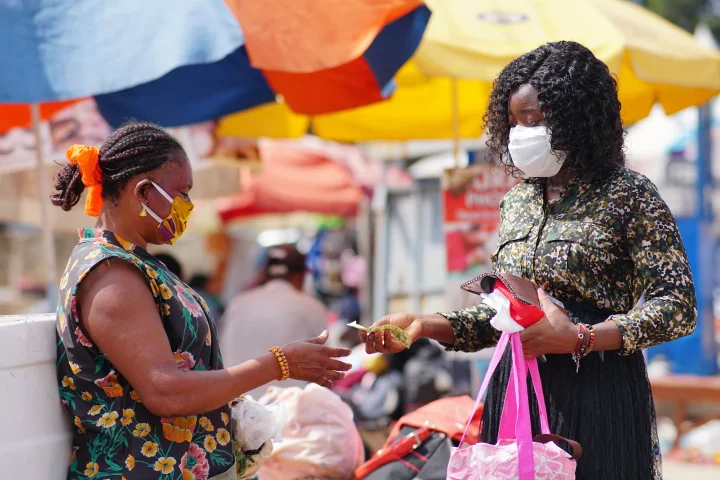
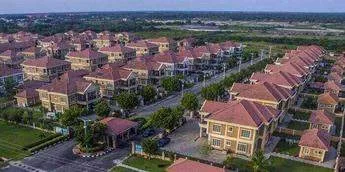
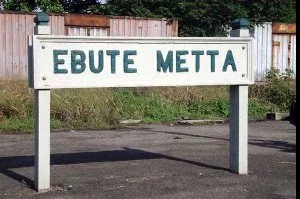
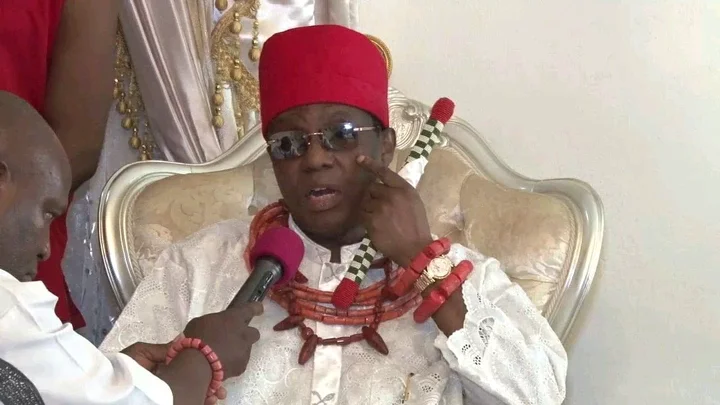
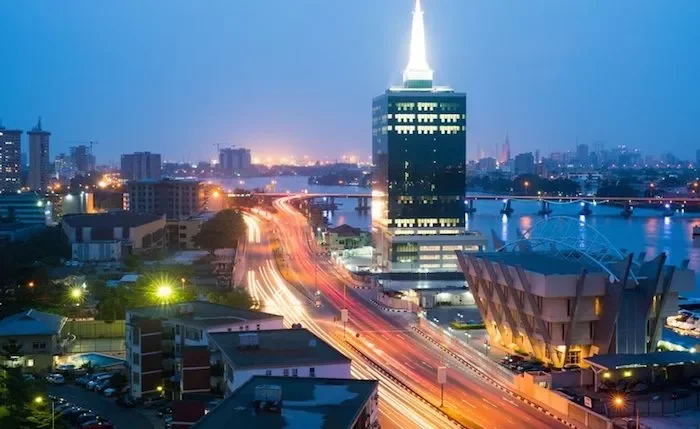
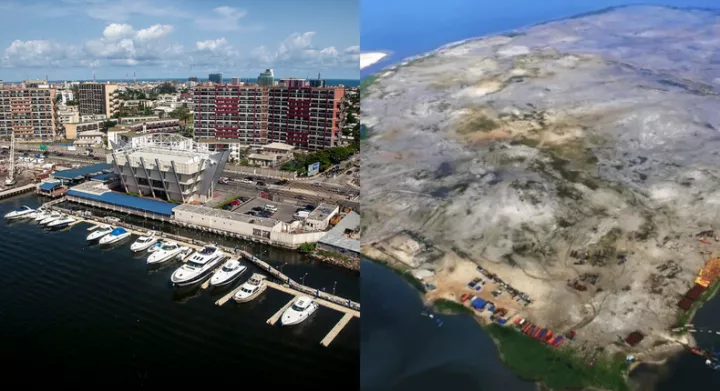



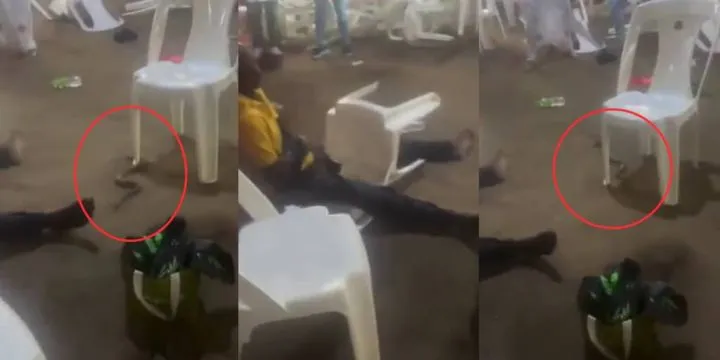




Comments